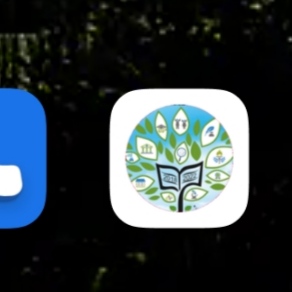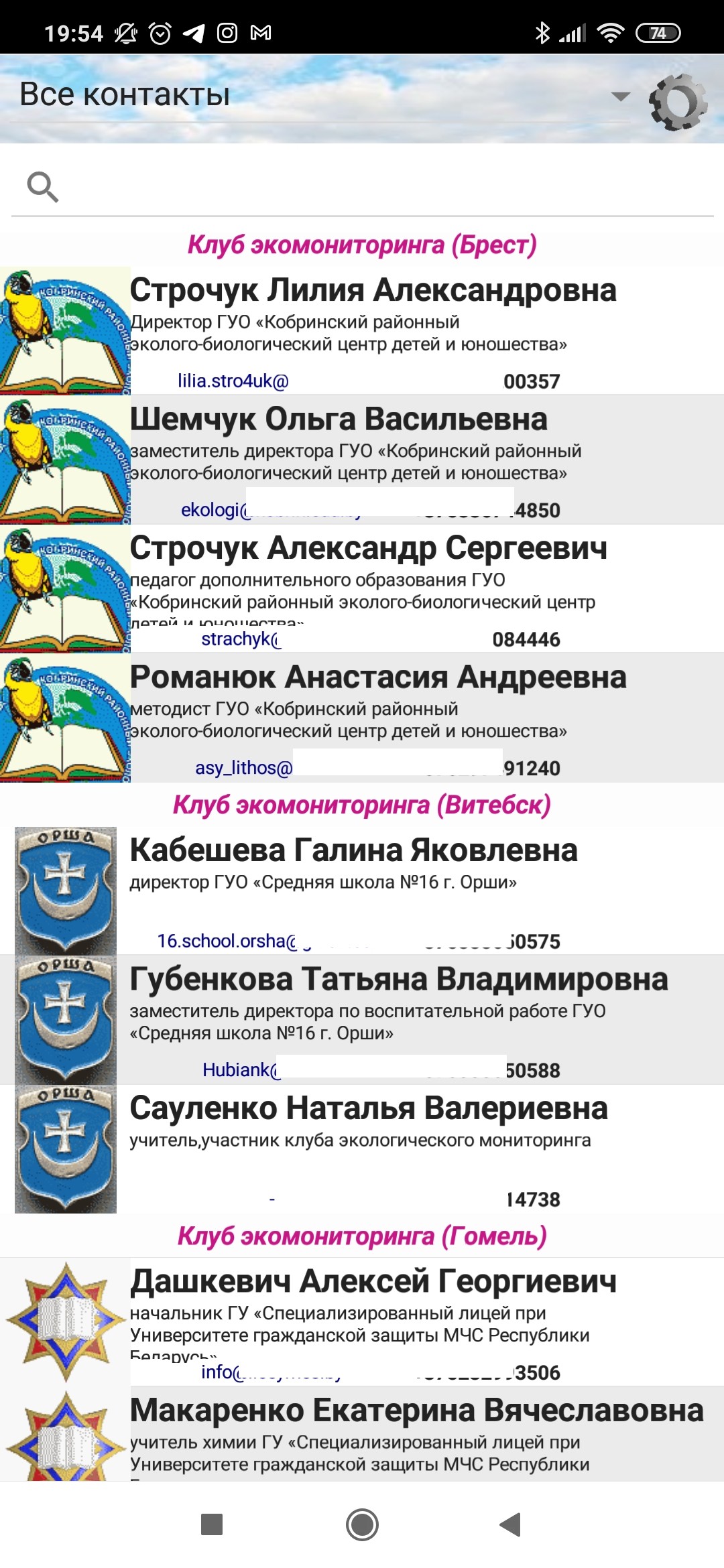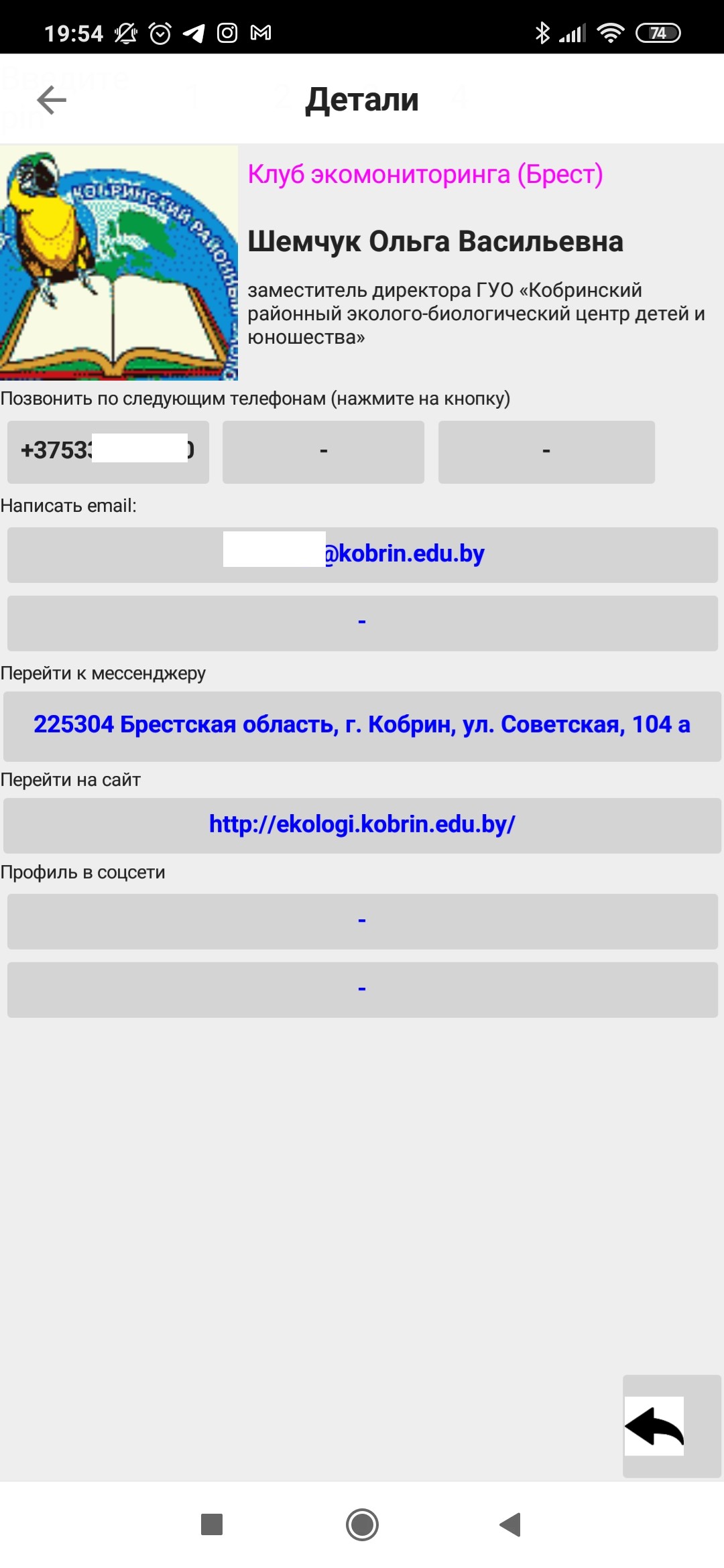Disclaimer:
Please be aware that the content herein has not been peer reviewed. It consists of personal reflections, insights, and learnings of the contributor(s). It may not be exhaustive, nor does it aim to be authoritative knowledge.
Since I'm working with dozens of people and always need to share contacts of my partners with my teammates, it would be wonderful not to mix personal contacts in a phonebook with corporate ones. It would be nice to have a standalone phonebook with corporate contacts.
The contact are uploaded from FTP server every time the app starts and connection available, so, the contactlist is always fresh, and is similar on all the devices that installed it.
No more Excel spreadsheets with phones and emails of your colleagues in the office! No more folded papers in the pocket! The secretary can update it on the FTP server, and the updated information on contacts will immediately be available for all your colleagues.
You don't need to search your colleague by its name in your personal phonebook, as the contacts are grouped by companies and departments. You don't need to remember, who is sitting in the chair you need to contact.
By pressing the button with phone number your phone calls to the specified phone number.
By oressing the button with email you're emailing to the person, by pressing the website button or a button with social profile you're redirected to the person's website or social network.


 17Partnerships for the goals
17Partnerships for the goals


Comments
Log in to add a comment or reply.